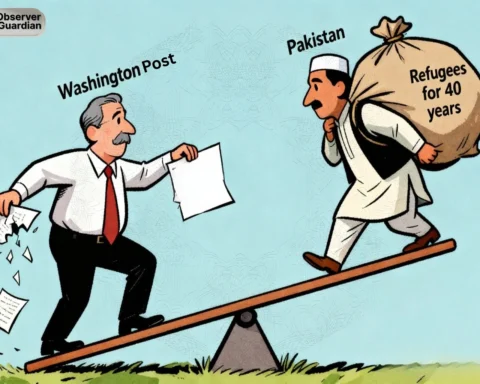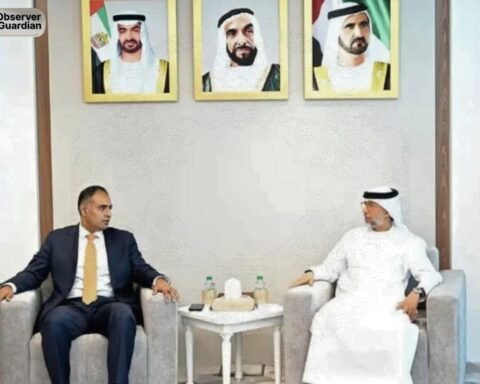IMF Identifies Rs1 Trillion Tax Gap for Pakistan’s FY25 Budget
-
Tax Collection Target & IMF’s Concerns
-
The IMF has set Pakistan’s tax target at Rs14.3 trillion for FY2025-26, 16% higher than this year’s revised goal.
-
However, the IMF estimates Pakistan can only collect Rs13.3 trillion without new tax measures, leaving a Rs1 trillion gap.
-
Pakistani authorities initially projected a smaller gap of Rs560 billion, but the IMF remains skeptical.
-
-
Options to Bridge the Gap
-
New Tax Measures: The government is considering Rs560 billion in new taxes, but past attempts (like last year’s Rs1.3 trillion taxes) failed to meet targets.
-
Enforcement Measures: Authorities claim Rs600 billion could be collected via stricter enforcement, but the IMF doubts this, citing past failures.
-
-
Challenges in Revenue Collection
-
The FBR’s unreliable estimates have led to shortfalls (e.g., only Rs34 billion recovered from court cases vs. a projected Rs400 billion).
-
The World Bank is assisting in analyzing revenue projections to improve accuracy.
-
-
Economic & Sectoral Impact
-
High taxes are hurting industries, with dairy and beverage sectors seeing 20-40% sales declines.
-
The retail sector remains largely untaxed, and the failed Tajir Dost scheme has left a void in trader taxation.
-
-
Anti-Smuggling & Digital Reforms
-
37 new checkposts (24 along the Indus River, 10 in Balochistan) aim to curb smuggling.
-
FBR’s digital transformation plan (tracking systems, value chain digitization) may boost revenues, but results remain uncertain.
-
Pakistan faces a critical challenge in meeting the IMF’s Rs14.3 trillion tax target for FY25. While the government is banking on new taxes and enforcement, past failures and economic strain raise doubts. The FBR’s weak track record in projections and recoveries adds to the uncertainty. If Pakistan cannot bridge the Rs1 trillion gap, it risks further fiscal instability or tougher IMF conditions. The success of anti-smuggling efforts and digital reforms will be crucial, but without credible tax policy adjustments, achieving the target seems difficult. The situation underscores the need for structural reforms to expand the tax base without stifling growth.







